
February 22, 2024
Trump Judge And Louisiana AG Fight To Maintain Environmental Racism
In 2022, Biden’s EPA opened an investigation into Louisiana’s Departments of Health (LDH) and Environmental Quality (LDQ) for failing to sufficiently protect residents of “Cancer Alley”—a strip of predominantly poor, Black communities suffering the dire effects of pollutants spewed from nearby petrochemical plants. To their credit, LDH and LDQ cooperated with the investigation and worked to craft more stringent standards and oversight protocols. Former Louisiana Attorney General Jeff Landry, however, had other ideas. His office filed a lawsuit challenging the EPA’s (clear) authority to pursue its investigation under Title VI of the Civil Rights Act, which allows the government to terminate federal funding for an agency found to have engaged in discrimination. Liz Murrill, Landry’s successor, is picking up the torch to carry on his malevolent agenda.
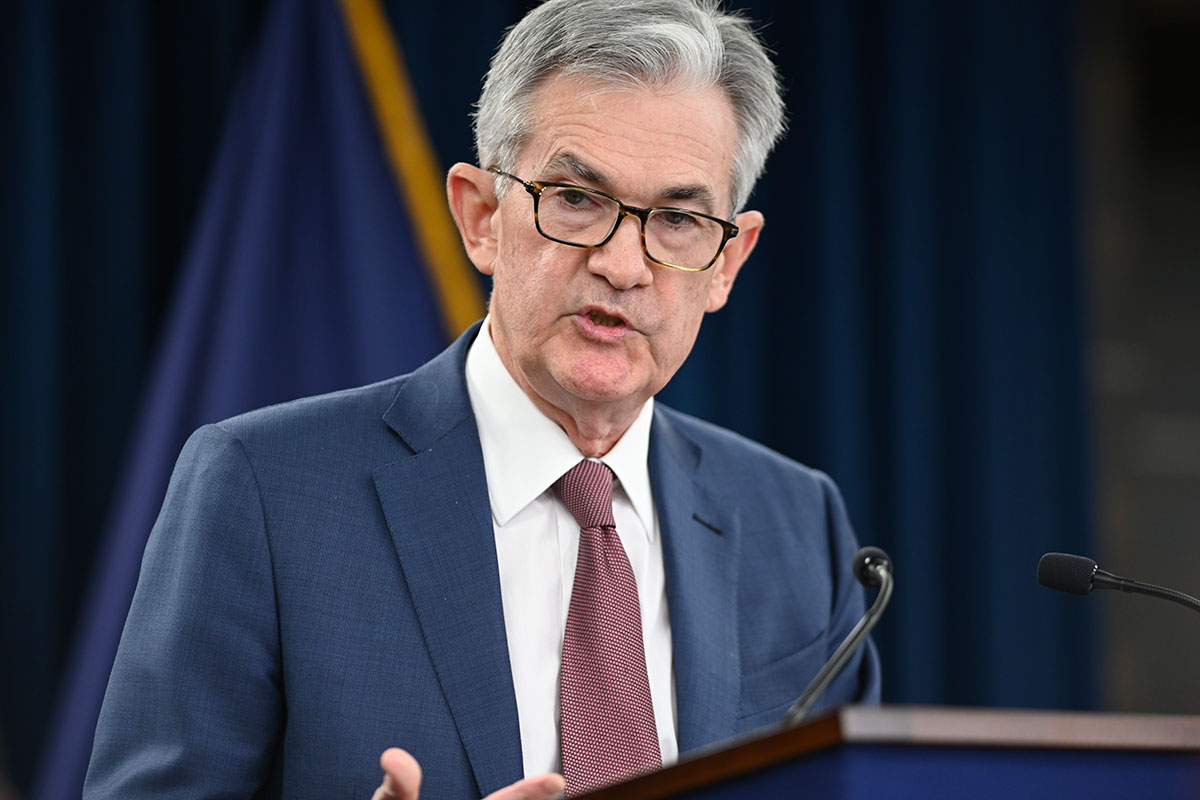
February 05, 2024
Will Jay Powell’s Cheerleaders Ever Admit They Were Wrong?
Soon after Biden renominated Powell, the ostensibly dovish Fed chair embarked on the most intense and sustained series of rate hikes in decades. We were told that this wouldn’t happen!

January 29, 2024 | The Sling
To Save the Planet, Biden Should Not Renominate Powell
Inflation is falling, but Jerome Powell has nothing to do with it. Our democracy and climate face mounting instability—and he has everything to do with that.
January 24, 2024 | Revolving Door Project Newsletter
Fox News Doesn’t Like Us Pointing Out Underutilized EPA Powers
You know you’re doing something right when Fox News is mad about it. So I guess we can count Fox’s vexed coverage of the coalition letter that we and 146 other organizations sent the Environmental Protection Agency last week as a sign that we’re ruffling the right feathers.
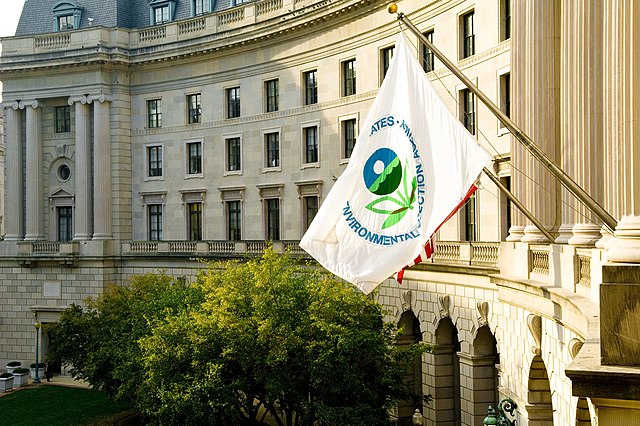
January 17, 2024
The Environmental Protection Agency Is Deferring to Louisiana on Environmental Protection. What Could Go Wrong?
In a recent delegation of power over climate regulation, Biden’s executive branch is denying its power to make an impact on issues affecting constituents’ everyday lives.
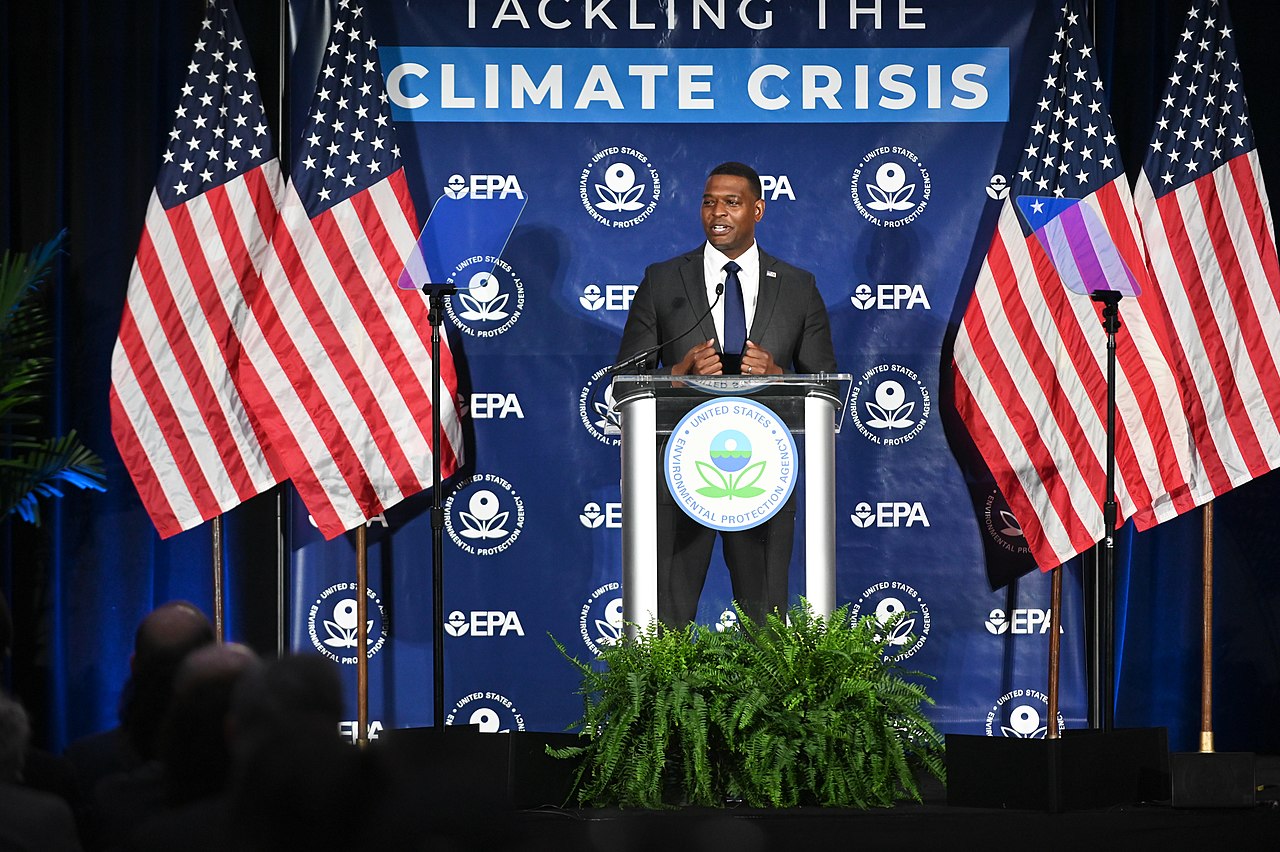
January 16, 2024
RELEASE: Nearly 150 Groups Urge White House to Fully Review FERC's Disastrous Approval of PNW Pipeline Expansion
As Bloomberg reported on Tuesday morning, the Revolving Door Project and 146 other organizations sent a letter today urging the U.S. Environmental Protection Agency (EPA) to intervene in response to the recent approval of a widely opposed pipeline expansion project in the Pacific Northwest.
January 16, 2024
147 Groups Call On EPA To Use Clean Air Act Powers to Refer PNW Pipeline Approval to CEQ For Review
On January 16, Bloomberg covered a letter from 147 groups that the Revolving Door Project co-organized with the Center for Biological Diversity and Columbia Riverkeeper, calling on the Environmental Protection Agency to utilize its Clean Air Act Section 309 powers to refer the Federal Energy Regulatory Commission’s approval of the GTN Xpress pipeline expansion to the White House Council on Environmental Quality for review. FERC’s approval of the pipeline disregarded both the National Environmental Policy Act (NEPA), and legally-binding state-level decarbonization commitments in Washington and Oregon.
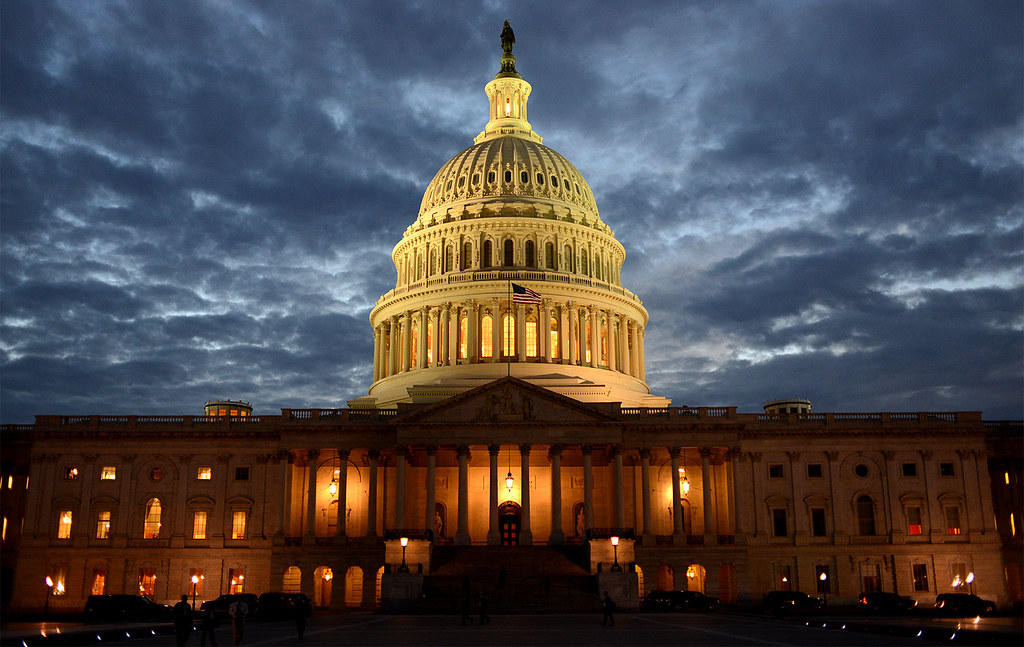
January 10, 2024
Blog Post Climate and EnvironmentCongressional OversightCorporate CrackdownGovernment CapacityHousingIRS
Glossary of Useful Federal Budget Terms
Learning about the federal government’s budget process can be daunting. Here are a few key terms to help better understand of the federal budget process as of late.

December 20, 2023
Rahm Emanuel, LNG Ambassador To Japan
The pressure on the Biden administration to stop the rapid ongoing expansion of liquified natural gas (LNG) export infrastructure in the United States is intensifying. Over 300 organizations released a letter at COP28 demanding that the administration halt the planned build-out of LNG facilities. 60 Democrats in Congress wrote a letter demanding that the Energy Department reassess whether new LNG terminals were in the national interest. The Hill reported that the Biden administration’s continued support for LNG exports was causing a “revolt” within the Democratic party.

December 09, 2023
PODCAST: RDP's Vishal Shankar Talks DeJoy, USPS On The Ralph Nader Radio Hour
RDP Senior Researcher Vishal Shankar joins the Ralph Nader Radio Hour to discuss Postmaster General Louis DeJoy’s ongoing sabotage of the Postal Service.
December 06, 2023 | Revolving Door Project Newsletter
The “Billionaire Matchmaker” and his Bad Amici
How does one right-wing activist get his worst ideas to appear in the legal decisions of the most powerful judges in America? A bombshell Politico investigation this week has the answers on how rightwing activist and “billionaire matchmaker” Leonard Leo managed to influence the outcome of several of the Supreme Court’s highest-profile and most damaging decisions over the past two years.
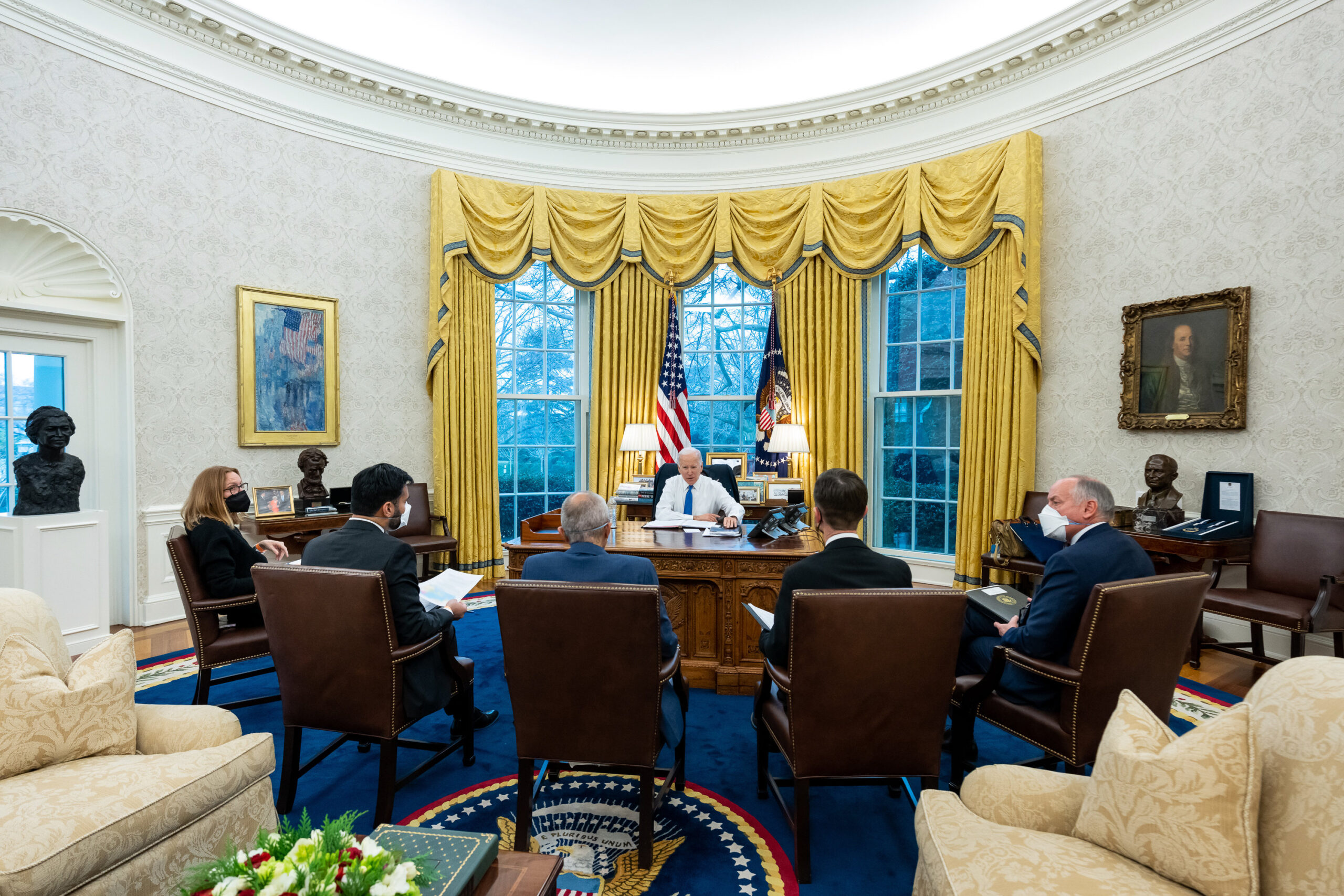
November 29, 2023
Biden Administration Remains Split Over Fighting Concentrated Corporate Power
This week’s newsletter looks at executive branch attempts to counteract concentrated corporate power across our focus areas – from consumer protection in Big Tech, to housing, to climate regulation. While the FTC and DOJ antitrust division continue to be present in important fights to support consumers and tenants, proactive climate policy continues to be absent, as Biden’s rhetoric regarding challenging climate change rings hollow in areas where the president has considerable discretion.

November 21, 2023
Fossil Fuel Front Groups Do Not Care About You
In efforts to reduce average emissions across the incredibly pollutive transportation sector, the Environmental Protection Agency (EPA) proposed a new tailpipe emissions standard. The new rule functionally mandates automakers to electrify portions of their fleets in order to comply with a reduced average emissions standard for vehicles starting with 2027 new vehicle classes. The proposal, while one of the most significant of the administration’s forays into regulating pollution reductions, has also faced steep criticism from some environmentalists for not going nearly far enough in achieving the 75 percent pollution cut necessary to actually address the climate crisis. On July 11, 2023, however, the American Petroleum Institute (API) led a sign-on letter campaign asking the EPA to roll over to industry on the rule. For far too long corporate feedback has been hugely – and disproportionately – influential for regulators. It shouldn’t be.
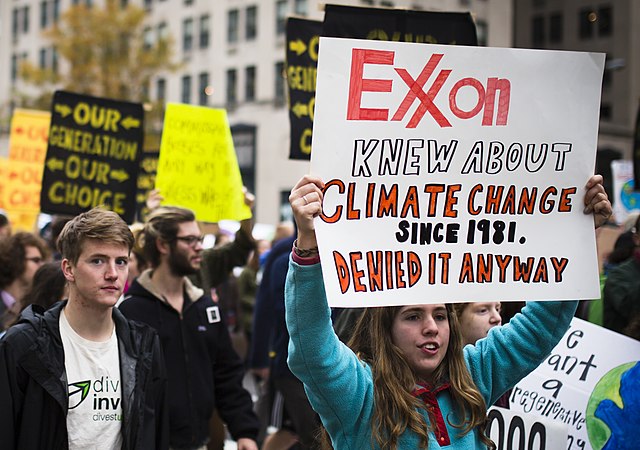
November 21, 2023
What In The Greenwashing? TIME100 Climate Is Full Of Climate Villains
TIME released its inaugural TIME100 Climate list last week, which included an eclectic list of business leaders, politicians, artists, and other “leaders” that TIME reporters and editors (and Deloitte, their sponsor) sought to elevate and celebrate for “making significant progress in fighting climate change by creating business value.”
